Last Friday, Belgian Prime Minister Alexander De Croo and other members of the federal and regional governments met with Audi’s top managers to try to save Audi Brussels. “The Factory of the Future” (award title in 2020) is fighting for its survival. Dark clouds are gathering on the horizon.
A few months ago, Brussels was already sounding the alarm bells. First, the plans for an additional Q4 e-tron production were abandoned. Somewhat later, persistent rumors arose that the successor of the Q8 e-tron wouldn’t be made in Brussels anymore but in Mexico and China.
For a factory that is only assembling one model, this is a catastrophy. Where the history and prosperity of a car manufacturer tend to be always cyclic, this is more than true for an assembly plant that is dependent on one single model. When the popularity of the model produced is waning, it’s already difficult. On top of that, when there’s no new model in sight, it gets very tricky.
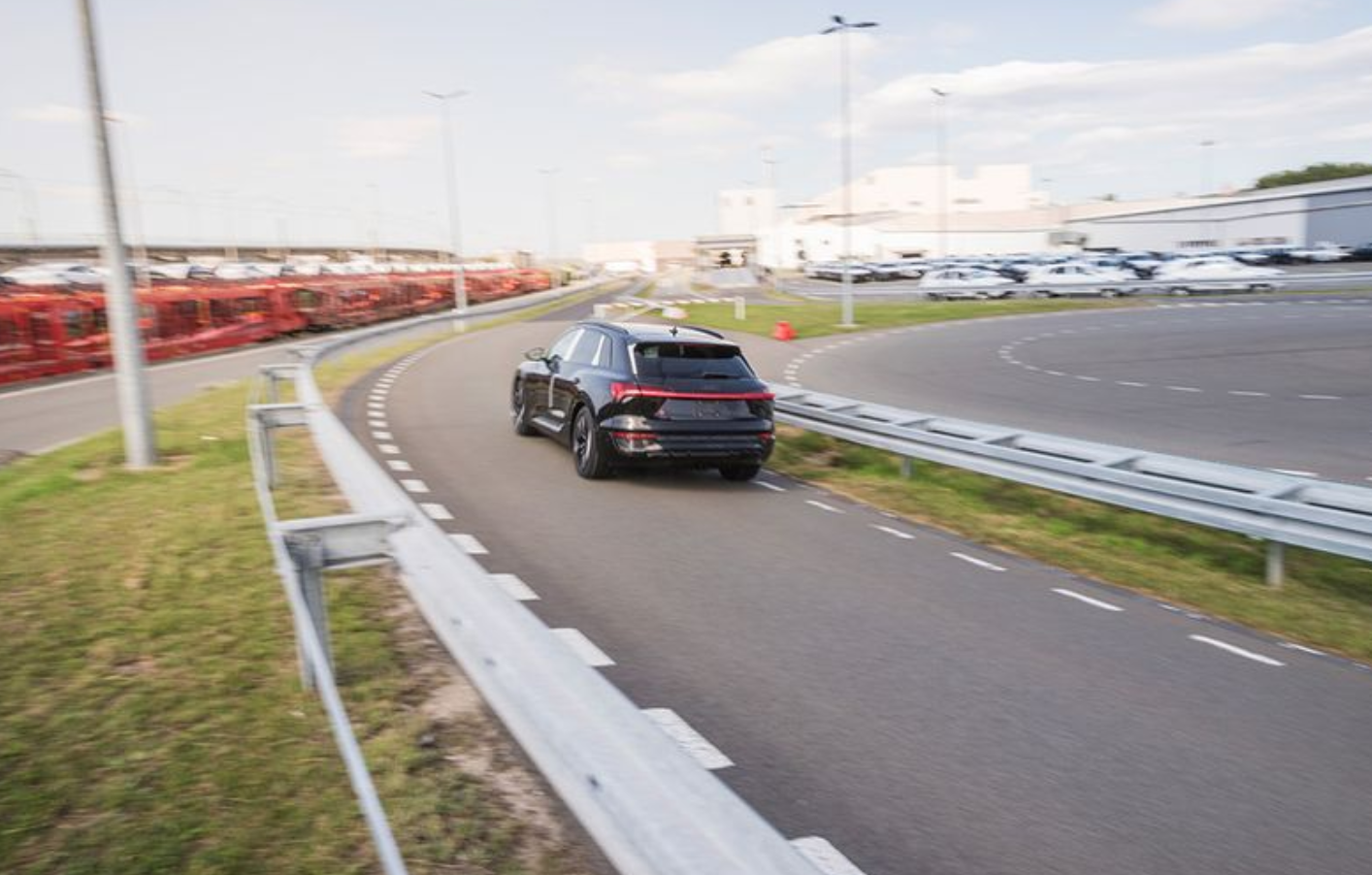
Turbulent history
Belgian VW importer D’Ieteren sold its VW Beetle assembly plant to Volkswagen in the 1970s. The Forest commune in the southwest of Brussels became an additional pole of car assembly, of which Belgium was very proud. At one point in the nineties, Belgium was the biggest car producer in the world when related to the number of its inhabitants: more than 1.2 million cars were assembled each year for 10 million Belgians.
But Belgium had no car manufacturers of its own and was only assembling cars for several European manufacturers. Its assembly plants had a reputation for quality and productivity; very often, they were so-called ‘model plants’ to be copied in other parts of the world for the manufacturers concerned.
But that didn’t stop top managers from pointing at Belgium when overcapacity pushed them to rationalize production. In the late nineties, the Renault factory in Vilvoorde near Brussels disappeared first because the Renault top was too scared to close down a far less performing factory in France.
In 2010, the same happened in Antwerp, at the Opel plant. The factory that every single GM manager had to visit to learn about ‘the GM factory of the future’ had to close because the Opel bosses didn’t want to touch Bochum. Later, they would be obliged to close that down, too.
Somewhat later, Ford’s Genk plant came under threat. First, the production of the highly popular Transit van went to Turkey; later on, Ford decided to move the production of the Mondeo, Galaxy, and S-Max to Spain. In 2014, it was game over for Ford Genk.
The VW plant in Brussels also has a turbulent history. In 2006, for example, VW wanted to get rid of the plant; there was too much social upheaval, and VW had more than enough capacity to build the Brussels VW products elsewhere.
Enter VW importer Roland D’Ieteren, who served as a go-between for Ferdinand Piech, then boss of the whole VW Group, and Guy Verhofstadt, then Belgian Prime Minister. The two men liked each other and came quickly to an agreement: the VW plant became Audi Brussels.
In 2015, there was another hiccup, as the assembly of the small Audi A1, a key product for Brussels, would be moved to Spain. Then also, the Belgian government moved heaven and earth (and a lot of subsidies) to keep the factory alive and managed to close an agreement with (then) Audi CEO Rupert Stadler to turn the Audi plant into the manufacturer’s first electric factory.
Now that Audi Brussels is (again) under fire, the only plant with a relatively certain future in Belgium is Volvo Ghent. Volvo Cars has been doing well in the market lately, and Volvo needs the Ghent assembly plant as its second European foothold next to Gothenburg.
Contradictory messages
Until now, Audi has had little or no official reaction to these rumors. According to union representatives, the Audi bosses have indicated that no Audi plant will be closed in the near future. “The question is, what is the worth of such a promise? We heard them earlier, and sometimes they were the forebode of a disaster.”
What is clear is that the Audi Top is redefining its targets. Normally, in the second half of this year, Audi boss Döllner will come up with his new strategy for the company. Then, we will know which plants will produce which new models in the pipeline. At the moment, it is unclear how the future of Audi Brussels will fit in.
The production of one model, the Q8 e-tron, is guaranteed until 2027. The question is, what will be next? That’s a decision that’s going to be made in November,” said Prime Minister Alexander De Croo. We have to be prepared to see which aces we still have on our sleeve for Audi Brussels and what we have to do. That’s the reason for the creation of this task force.”
De Croo expects this task force to unite at least twice before the June 9 elections. “We must have our case ready before the elections so that we can act as quickly as possible after them. The 3,000 workers need clarity about their future as soon as possible.”
Audi Brussels has been the ‘pilot plant’ for assembling electric cars and has accumulated a healthy know-how in the matter. But, of course, the word and the method have been spread throughout the whole company, and this advantage has partly disappeared.
If Audi Brussels still has a future, it will be in the production of high-end electric sedans and coupes. Audi is planning to fight competitors like BMW, Mercedes, and others in these segments, too. The know-how is there, and the quality of the people is present. But is Audi prepared to let a ‘foreign entity’ produce its future flagships?
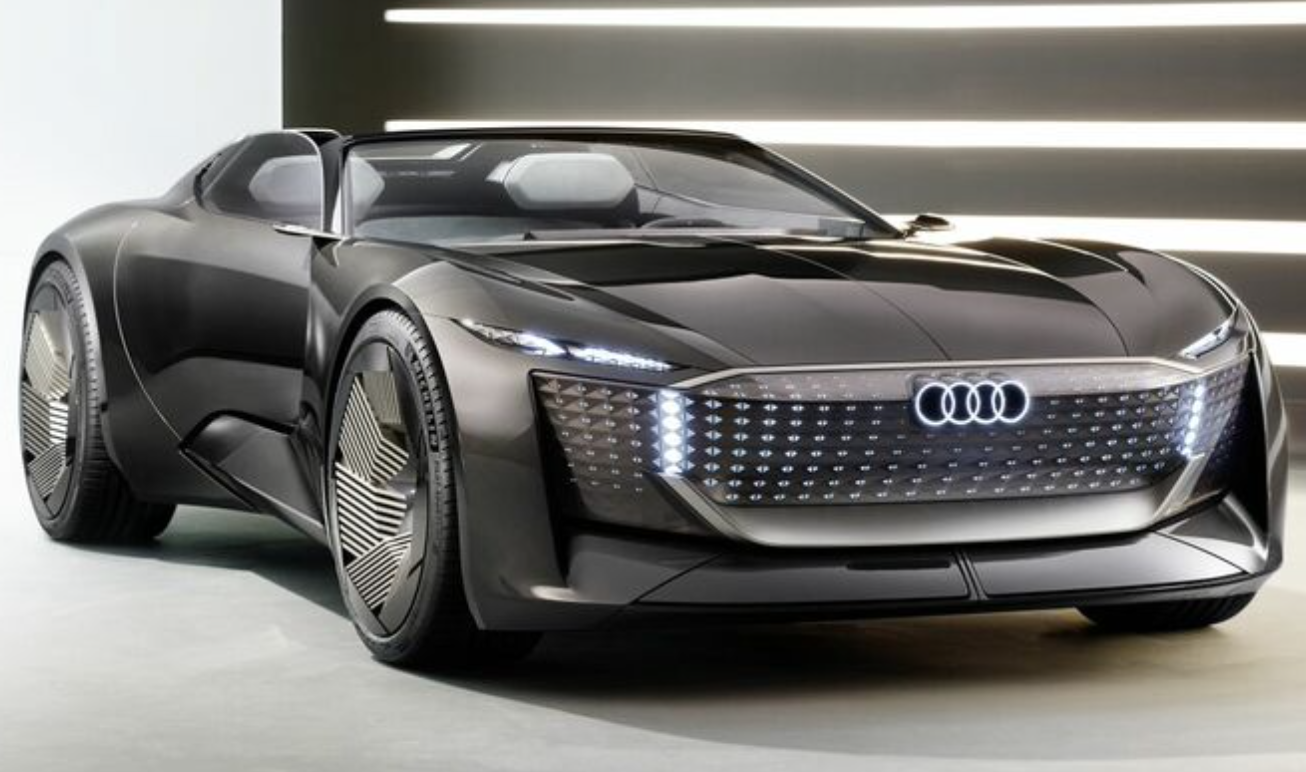
Another scenario in the pipeline is that Audi Brussels will no longer assemble an entire car but will specialize in the production of parts, particularly the batteries for different electric models, an expertise that is surely available in the Brussels plant.
But no 3,000 workers are needed for this. Union representative Ronny Liedts says in De Tijd that it seems senseless to him to produce parts for factories in Germany or Hungary. “If this scenario is chosen, it means a social bloodbath here at Audi Brussels. It’s a scenario like Renault Vilvoorde at the time, where production was stopped, and some 400 people were kept for fine-tuning Renaults that came from other factories.
Why Audi Brussels and not Van Hool?
Meanwhile, some critical voices have been heard about this renewed ‘VW/Audi saga’. Some ask why the respective Belgian governments are so anxious to help a foreign (big) company like Volkswagen while they did almost nothing to help bus builder Van Hool (with also 2,500 jobs at stake).
Others say that even if you can offer work in Vorst (Brussels) for a longer time, it will still be for a limited period. The biggest German car manufacturer, Volkswagen AG, will always close factories outside Germany first when they have to choose because of overcapacity and cutting costs.
As the financial situation of the Belgian state is not so rosy, a lot of people think it should spend its restricted resources on other things than a factory that is in a newly developed urgent need every five years.
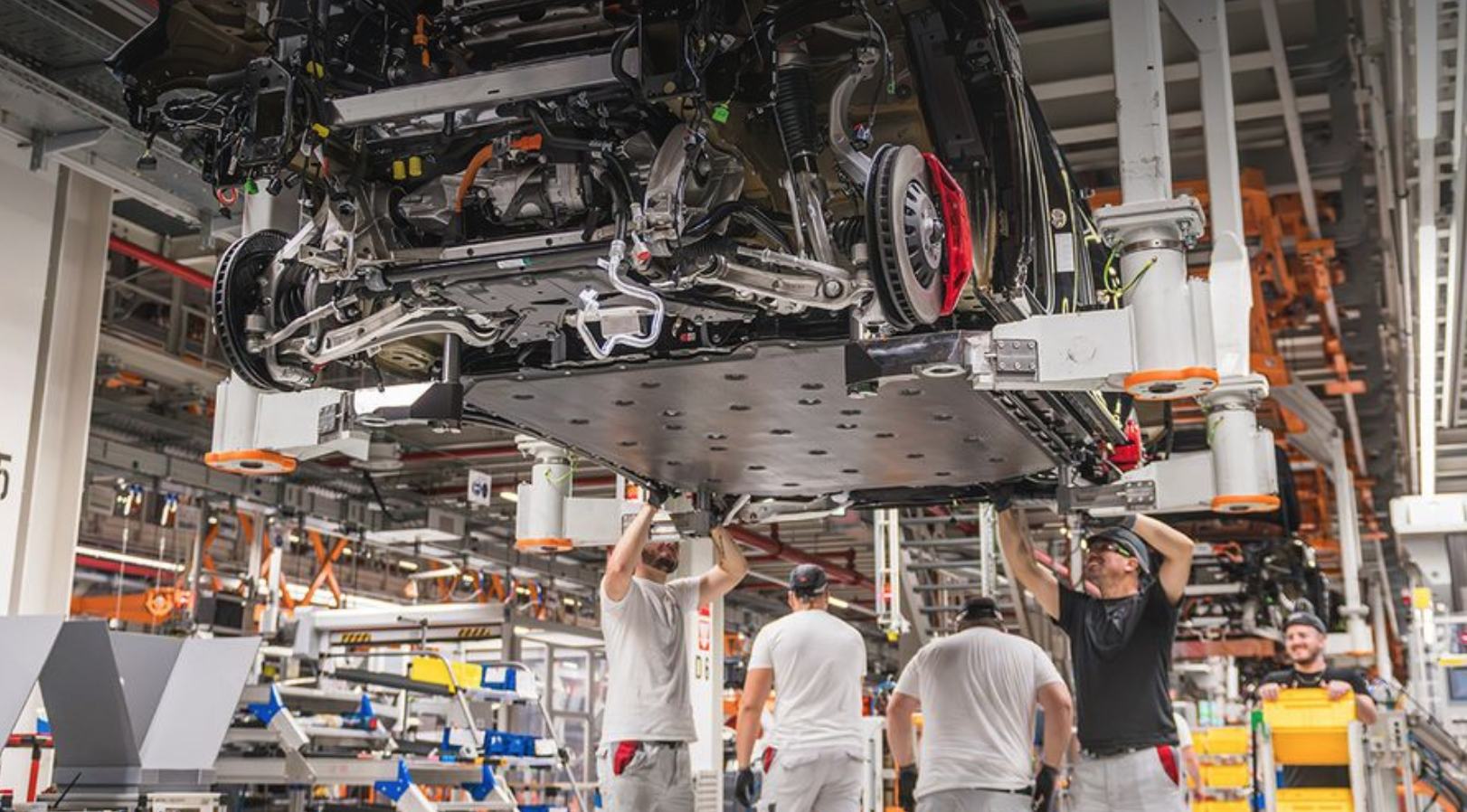
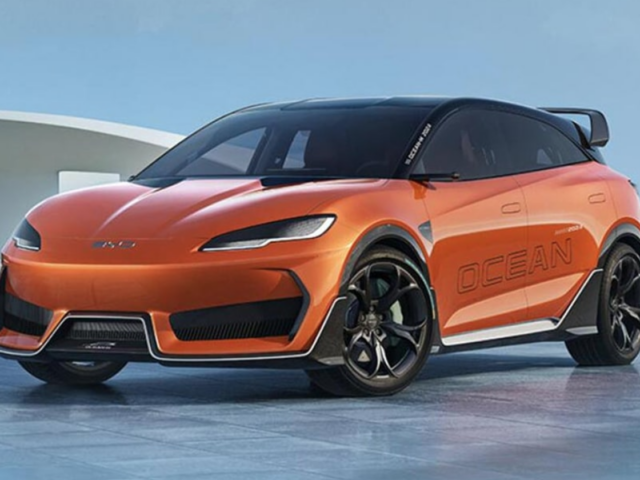

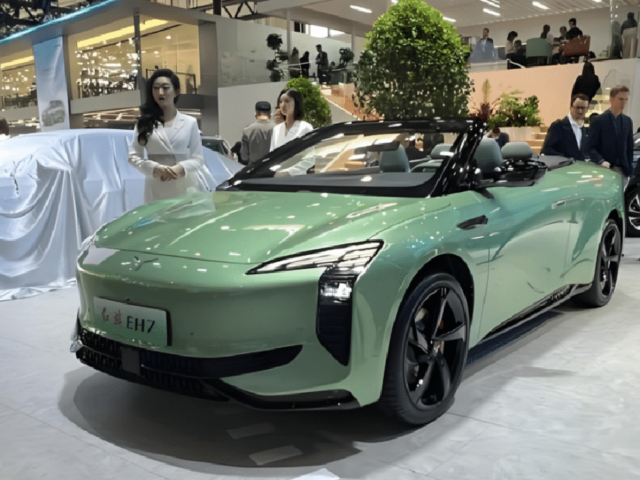
Comments
Ready to join the conversation?
You must be an active subscriber to leave a comment.
Subscribe Today